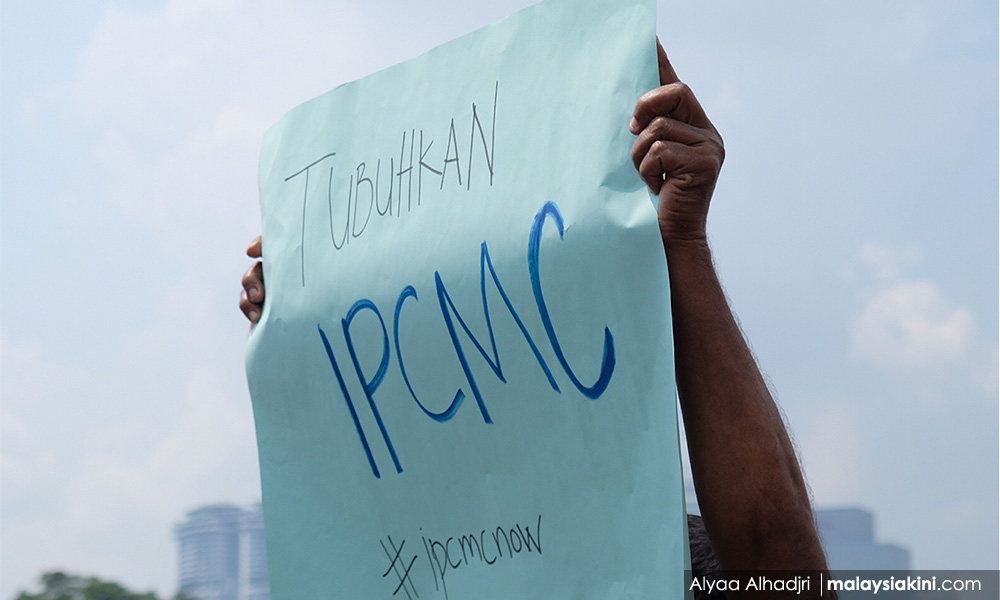
The government recently tabled a bill to establish an Independent Police Complaints of Misconduct Commission (IPCMC) to promote integrity, transparency and accountability within the police force.
The IPCMC has been a long time coming. This is certainly a step in the right direction for Malaysia in fulfilment of one promise of Pakatan Harapan's election manifesto.
That being said, the current bill is not without problems. The government must address these problems to ensure that the IPCMC does not suffer the same fate as its much-maligned predecessor, the Enforcement Agencies Integrity Commission (EAIC).
Here are eight problems with the current bill and the ways to solve them.
Problem 1: The prime minister’s involvement in the IPCMC
Under the current bill, the prime minister has the power to: (1) decide on the appointment (Section 6) and dismissal (Section 7(4)) of the commissioners; (2) change the composition of the disciplinary board (Section 49 and Schedule); and (3) make regulations for the handling of complaints and the conduct of disciplinary proceedings by the IPCMC (Section 50).
These powers vested in the prime minister are problematic.
First, the prime minister is the head of the executive branch of the government, which the police force is a part of. The IPCMC cannot be said to be truly independent if its commissioners’ tenures are at the mercy of the prime minister.
The commissioners are appointed by the Yang di-Pertuan Agong on the advice of the prime minister and can be dismissed at any time by the former. Ultimately the king acts on the advice of the prime minister. In effect, it is the prime minister who decides.
Second, the current composition of the disciplinary board is 3-1-1 (three commissioners, one representative from the police force and one representative from the Police Force Commission who is not a member of the police force).
The disciplinary board plays an essential role because it conducts disciplinary proceedings to deal with any misconduct and may impose punishments (Section 33).
Having a majority of non-police personnel on the board is important to avoid the perception that the police force is protecting its own officers. This majority could be lost if the prime minister decides to change the composition of the board.
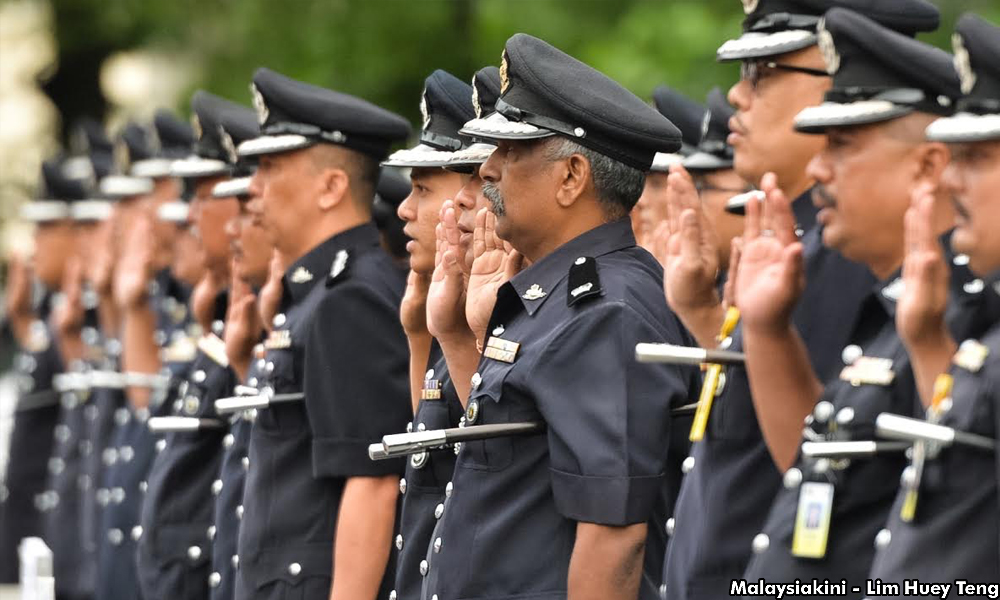
Third, it is counter-intuitive to allow the prime minister to make regulations regarding the procedures of the IPCMC. Such matters should be left to the commission itself.
Recommendations:
- Amend Sections 6(1) and 7(4). Let the appointment and dismissal of commissioners be made through Parliament. Even though the government has a majority in Parliament and could still decide on the appointment and dismissal of commissioners, it would nevertheless be a more transparent process which cannot be exercised summarily or arbitrarily. A Parliamentary Select Committee should be tasked with undertaking this process.
- Delete Section 49.
- Amend Section 50 to allow the IPCMC to make its own regulations.
Problem 2: The commission may delegate its powers to the members of the police force
The current bill allows the IPCMC to delegate any of its functions and powers to the members of the police force (Section 13). It is unclear why the commissioners should be allowed to do so given that no current or former police officer may be appointed as a commissioner (Section 6(2)) and the IPCMC would already have its own officers to carry out investigations (Section 16(1)].
Recommendation:
- Delete Section 13(1)(c).
Problem 3: The Inspector-General’s Standing Orders are exempted
The inspector-general of police may issue administrative orders known as the ‘IGSOs’ for the general control, direction and information of the police force (Section 97 of the Police Act 1967).
The IGSOs regulate a wide range of police duties, from administrative matters on how police personnel should dress to more serious matters such as the discharge of firearms.
The current bill exempts any acts regulated by the IGSOs from being considered misconduct (Section 22(2)). As long as misconduct falls under the IGSOs, the IPCMC would not be able to act on the complaint made. This renders the IPCMC irrelevant given the broad range of police duties regulated by the IGSOs.
The reason behind the exemption could be so as not to bog down the IPCMC with trivial complaints such as a police officer not wearing his or her uniform. If this is the case, there is no cause for concern because the IPCMC has the power to reject such complaints (Section 25(d)(i)).
Recommendation:
- Delete Section 22(2).
Problem 4: The Official Secrets Act 1972 (OSA) is still applicable
Even though officers of the IPCMC have the power to examine (Section 26) and obtain documents (Section 27) from any person, a person could still refuse to divulge any information protected under the OSA.
This would be problematic because much information or documents of the police force are protected by the OSA.
The IPCMC lacks the power to obtain OSA protected information, and this would severely hamper its investigations.
In the original 2005 bill proposed by the Royal Commission to Enhance the Operation and Management of the Royal Malaysia Police, there was a provision in Section 56 that disapplied any secrecy laws.
It is unfortunate that a similar provision has not been included in the current bill. Further, the 2005 bill gave the officers of the IPCMC more extensive investigation powers than in the current bill.
Recommendations:
- Amend by adding the following provision: “All provisions relating to secrecy in any Acts of Parliament shall not apply to the divulging of information or the production of any document or other things, pursuant to a requirement made by or under this Act.”
- Amend by adding the more extensive investigation powers of search and interception as contained in the 2005 bill.
Problem 5: There is no jurisdiction over the IGP
One glaring omission in the current bill is that the IPCMC has no disciplinary control over the IGP (Section 31(4)). Instead, a special disciplinary board will be established by the chief secretary to the government to hear any complaints made against the IGP.
In order for the IPCMC to be effective, it should be empowered to exercise disciplinary control over all members of the police force including the IGP.
Many controversial cases including Anwar Ibrahim’s swollen eye incident, the enforced disappearances of pastor Raymond Koh and activist Amri Che Mat, and the mass graves of trafficked persons in Wang Kelian point to a certain level of responsibility at the top.
The IGP must be subjected to the same levels of scrutiny as any other member of the police force.
Recommendation:
- Delete Section 31(4).
Problem 6: There is ambiguity regarding the grounds to reject complaints
In the current bill, the IPCMC may reject complaints if, “there is or was available to the complainant an alternative and satisfactory means of redress” (Section 25(d)(iii)) or if the subject matter of the complaint has been determined by any court or is pending in any court (Section 25(d)(iv)).
Section 25(d)(iii) suggests that one should only lodge a complaint with the IPCMC as a means of last resort. This is incomprehensible. What does the provision mean and how is it to be assessed?
If there is a complaint of misconduct, the IPCMC should act on the complaint instead of passing the buck. Having an alternative and satisfactory means of redress do not negate the fact that there may have been misconduct.
Further, disciplinary proceedings for misconduct should always be available as a remedy for aggrieved persons in tandem with other remedies including judicial ones.
Recommendation:
- Delete Section 25(d)(iii) and (iv).
Problem 7: There is no duty to give reasons for decisions
The current bill does not impose any duty on the complaints committee or the disciplinary board to give reasons for their findings or decisions.
Granted, there is also nothing to preclude reasons from being given, but such a duty should nevertheless be included in the current bill.
This is an important aspect of natural justice because those affected by the findings or decisions would know whether the IPCMC had acted in a rational and acceptable manner.
The failure to give reasons would leave both the complainant and the officer complained against dissatisfied in the event that findings or decisions do not go their way.
Recommendation:
- Amend by adding new provisions to Sections 28 (vis-à-vis the complaints committee) and 32 (vis-à-vis the disciplinary board) to impose a duty to provide written reasons for findings or decisions.
Problem 8: There is ambiguity regarding the IPCMC’s powers of investigations and enforcement vis-à-vis other law enforcement authorities
A member of the police force commits actionable disciplinary misconduct if he or she commits a criminal offence. However, misconduct may not necessarily warrant criminal prosecution.
Under the current bill, there is a two-stage process on receipt of a complaint.
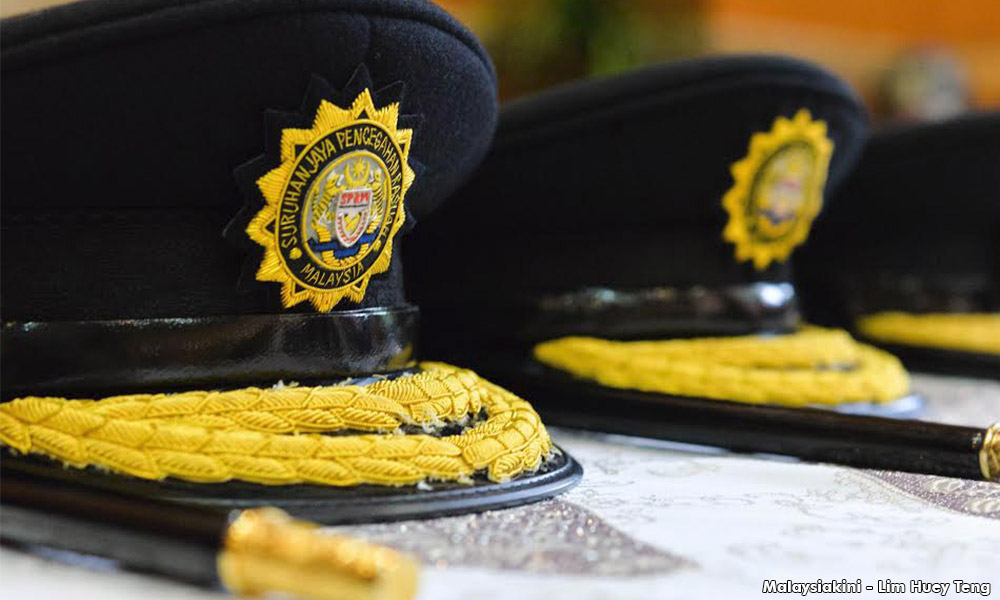
First, the ‘classification’ stage (Section 25). If a complaint involves a corruption offence, it shall be referred to the MACC. If a complaint involves any criminal offence under any other written law, it shall be referred to the relevant authorities, including the police force.
Only if a complaint involves any misconduct under Section 22, can the IPCMC take it on for investigation (Section 25(c)). Section 22 lists the categories of misconduct which includes the commission of any criminal offence by a member of the police force.
The second stage (Section 28) applies only in respect of investigations conducted under Section 25(c). On completion of the investigations, the commission’s officer shall submit his or her findings to the complaints committee.
The committee may then refer findings of offence to the MACC or other relevant authorities or may commence proceedings to deal with misconduct through the disciplinary board.
Here, a few matters arise:
It is unclear if the IPCMC has the power to immediately refer its findings to the attorney-general (as the public prosecutor) for prosecution given that the commission’s officer would have had already completed investigations.
It would be self-defeating for the IPCMC to refer its findings back to the police force given that one of its own is being implicated.
It is unclear if the IPCMC may continue to investigate (under Section 25(c)) or commence disciplinary proceedings (under Section 28(2)(c)) after it has referred the complaints or findings to the MACC or other relevant authorities, or once criminal prosecutions have been commenced in court (Section 25(d)(iv)).
There may be an overlap but there should be no bar given that the commission of a criminal offence would also amount to actionable disciplinary misconduct.
Recommendations:
- Amend Sections 25 and 28 to clarify that the various actions that may be taken by the IPCMC are conjunctive and not disjunctive.
- Amend by adding a new provision to expressly empower the IPCMC to refer its findings to the attorney-general for prosecution.
- Amend Section 29 to clarify the chain of reporting and further actions to be taken by the task force vis-à-vis the IPCMC after the task force has completed its investigations, particularly regarding any incident under Section 47 (i.e. incidents resulting in grievous hurt or death to any person under the detention or custody of the police force).
- Delete Section 25(d)(iv).
In summary, I have highlighted, from a practical and legal perspective, some of the current flaws in the IPCMC Bill. It is hoped that the recommendations here can be adopted towards further enhancing public confidence in the police force.
NEW SIN YEW is a lawyer. - Mkini


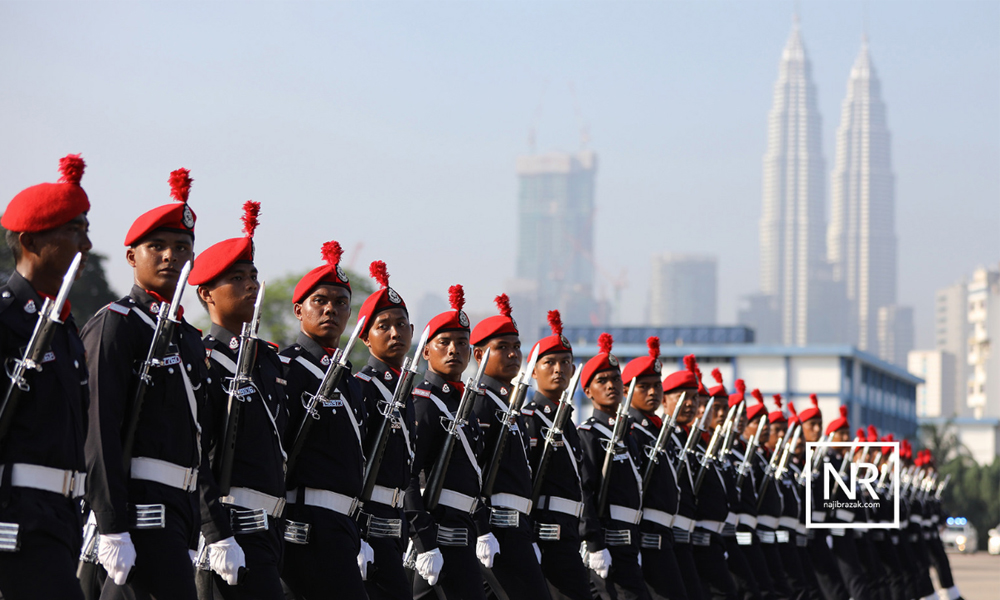
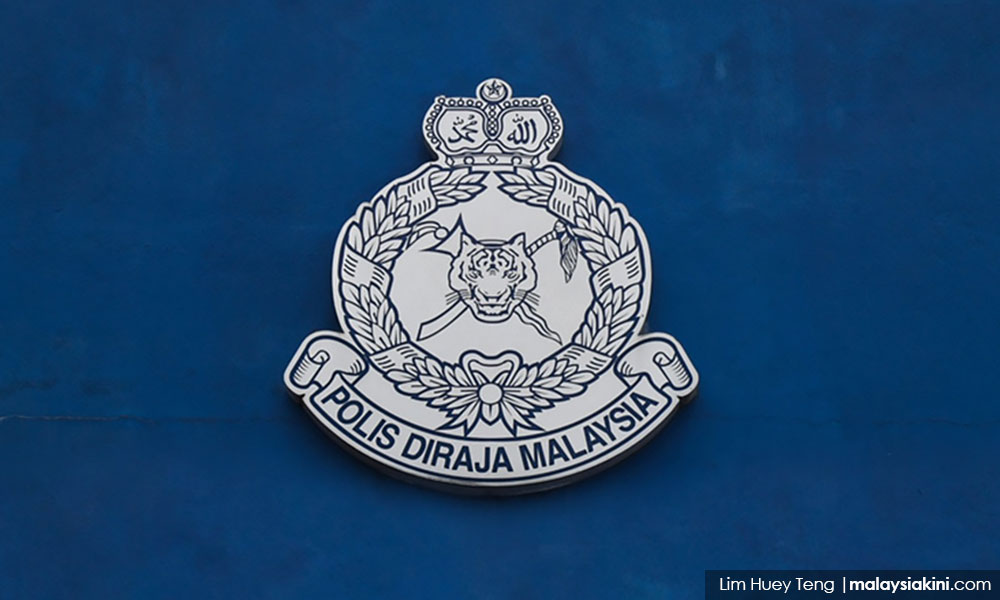
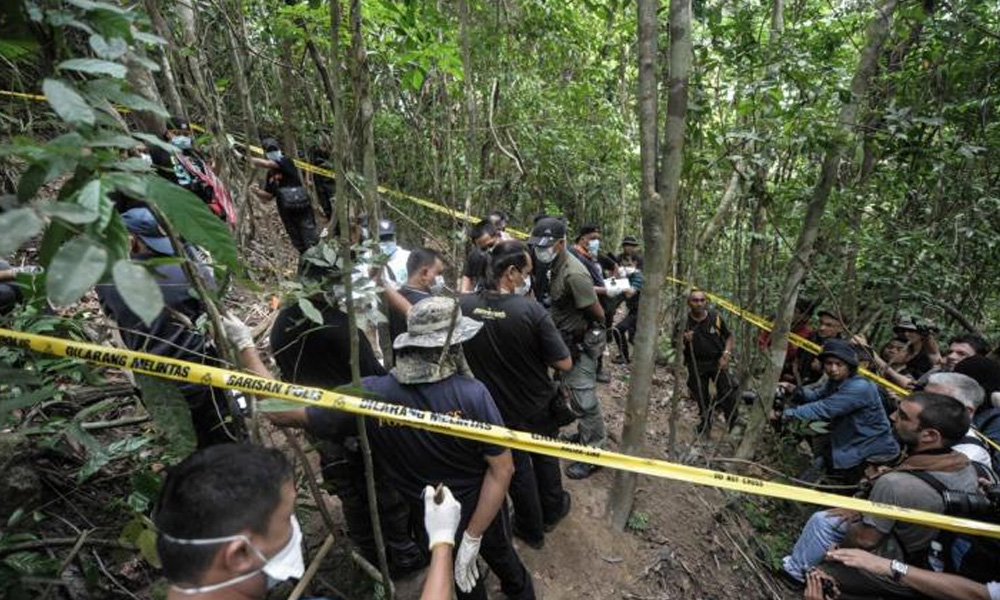
No comments:
Post a Comment
Note: Only a member of this blog may post a comment.